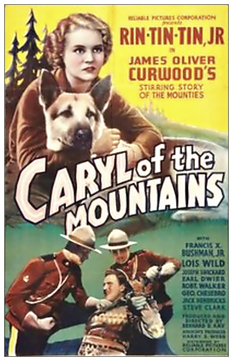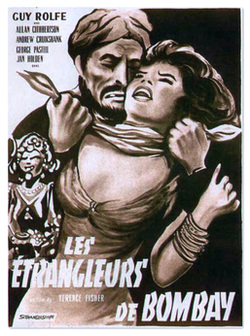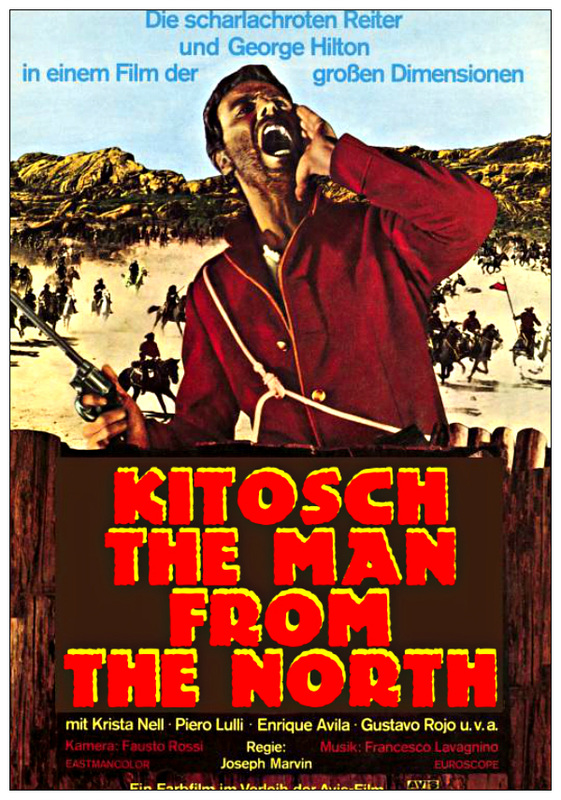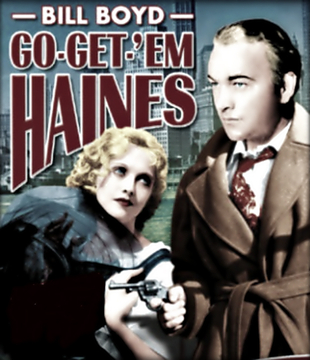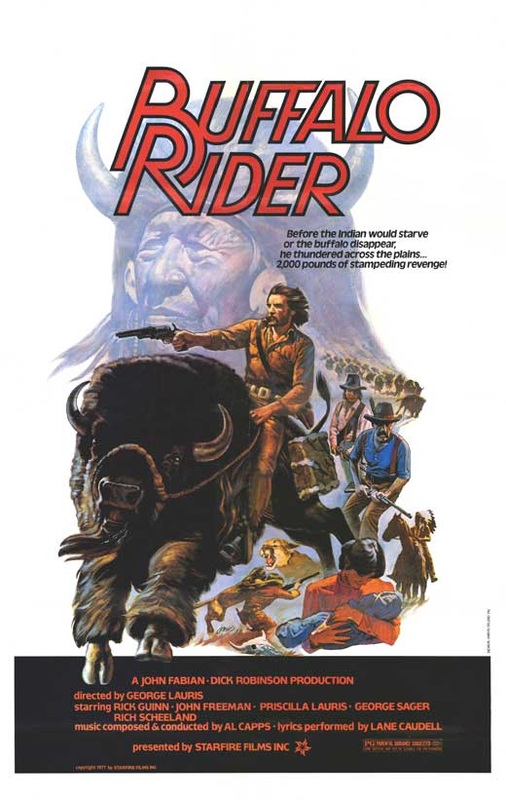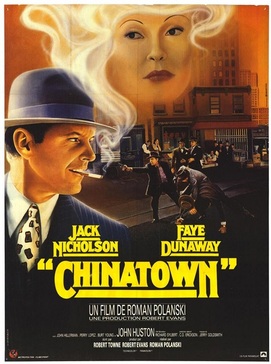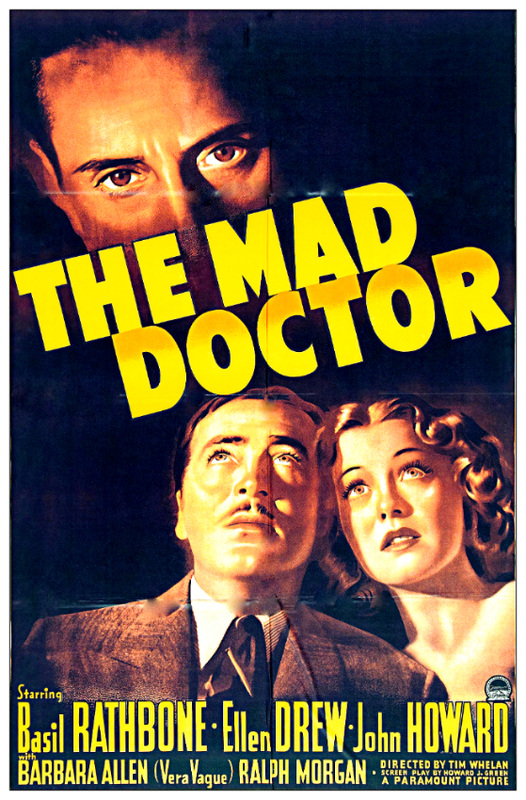I think that simple, earnest movies don't get much respect in general, really. A story about sadness transformed into joy by the caring and generosity of others, about the love between family members(even relatively distant relations), or even just one that makes us smile at the pure happiness of an innocent child, doesn't make the average movie watcher perk up and want to blow fifteen bucks at the cinema. People in our culture are more socially programmed to find children irritating than as sources of real joy; the laughter of children as a tonic for the soul is very much a dying idea in these days of "me, me, me, mine, mine, mine". It's sad, really.
These are very nice film adaptations of the two-part novel by Swiss writer Johanna Spyri, written, as the book itself says, "for children and those who love children". Here are the basic cast and info of each:
| HEIDI ~ 1937 Adlheid (Heidi): Shirley Temple Grandfather: Jean Hesholt Herr Sessemann: Sidney Blackmer Frl. Rottenmeier: Mary Nash Klara Sesemann: Marcia Mae Jones Peter: Delmar Watson Pastor Shultz: Thomas Beck | HEIDI ~ 1968 Adlheid (Heidi): Jennifer Edwards Grandfather: Michael Redgrave Herr Sessemann: Maximillian Schell Frl. Rottenmeier: Jean Simmons Klara Sesemann: Zuleika Robson Peter: John Moulder-Brown Father Richter: Walter Slezak |
Grandfather, in both movies, is a somber hermit; the death of his daughter, Heidi's mother, has bled the joie de vivre from his existence, and he lives in a cabin far from the village, up on the mountain. It's actually a simple, beautiful universe up there, but the people in the village are afraid of him, and if not for the Priest, he would have no company at all. I couldn't be more impressed by two performances of the same character. Both Michael Redgrave and Jean Hersholt really capture the soul of the man; externally bitter and dismissive of life, but internally a warm, richly human person, just waiting for something to change his mind about the way that things could be.
It's uplifting to see a classic story this well told, and without the post-modern cynicism (or the corresponding syrupy backlash common in current "family" fare). It's also interesting to see the way that Heidi is treated by the directors of these movies in relation to the way she might be treated today; her circumstance is harsh, but she isn't a victim, and the relatives who are pushing and pulling at her aren't cardboard villains...they're real people with their own needs and ideas. At no point are we asked to feel pity for her, and she asks for none. In each of these stories she goes about the task of loving and hopefully, of being loved, and her attitude effects change in the people around her. That's what makes these two movies special.
To take it out of the philosophical realm, also very special is the splendid casting of both films. Both Heidis and Grandfathers are excellent, and the rest of the actors, Maximillian Schell, Jean Simmons, Walter Slezak, Mary Nash and Arthur Treacher (the latter two, along with Marcia Mae Jones, played alongside Shirley Temple in A Little Princess) do what they do so very well; all very credible and heartwarming performances.
I hope that you can set your biases aside (if you have such) and will give these two movies a shot; they certainly can make you feel pretty darn good if you let them, in true classic movie style.
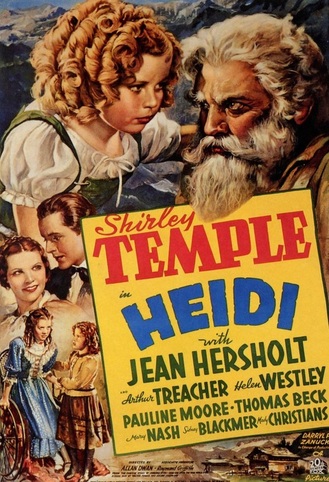
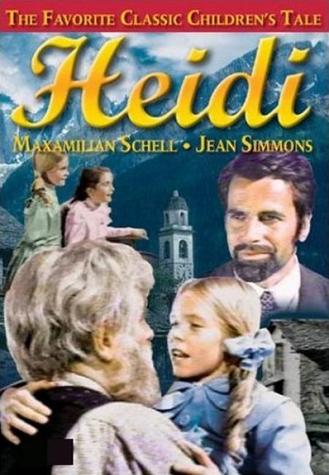
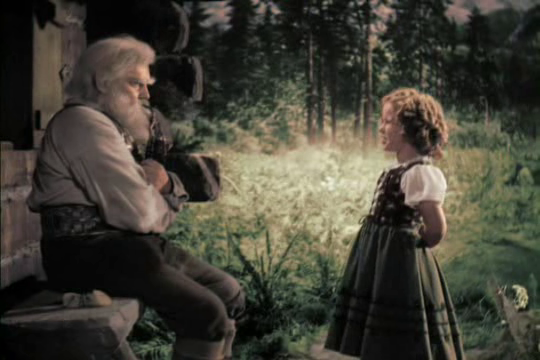
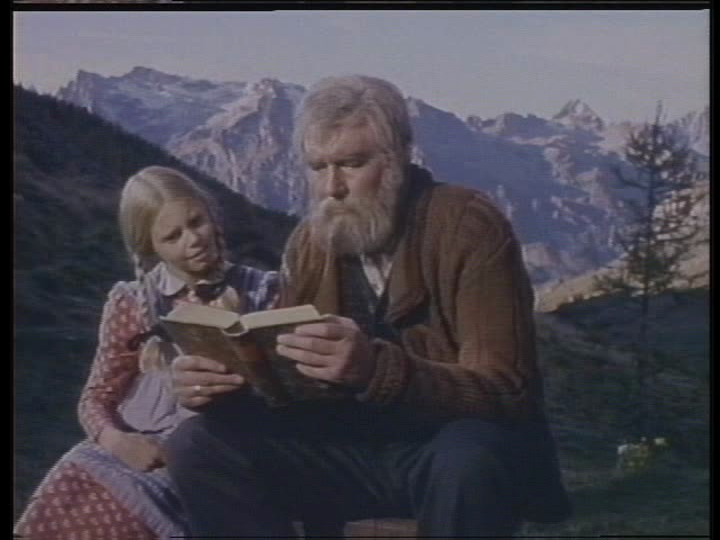

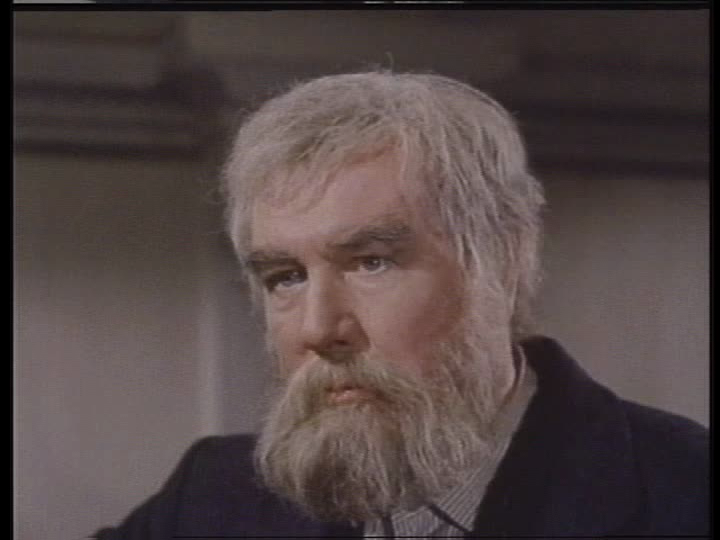
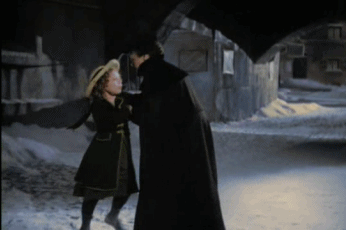

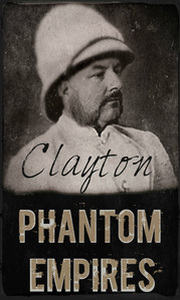
 RSS Feed
RSS Feed
